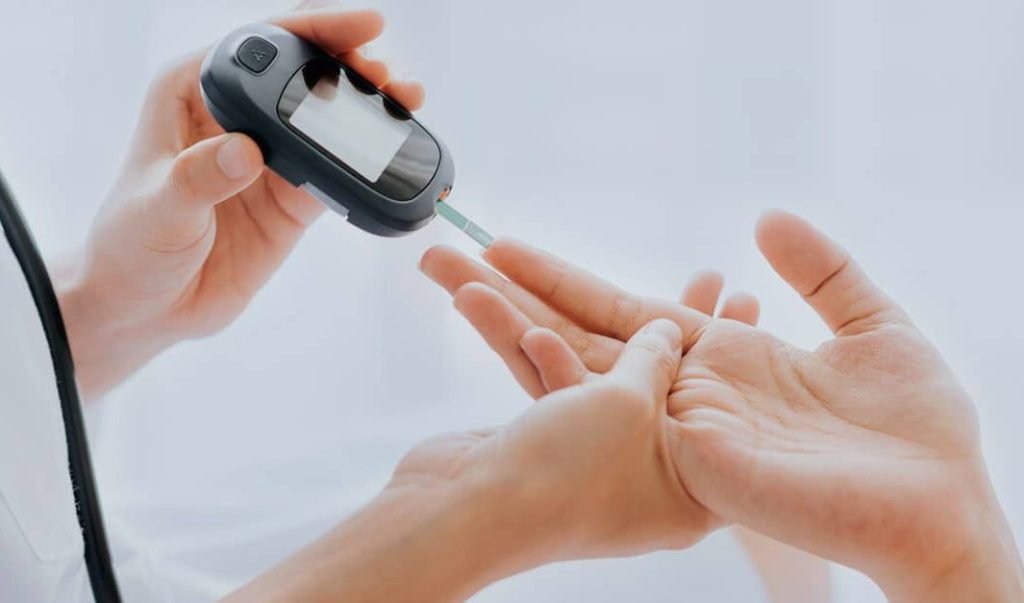Understanding Type 1 Diabetes
Insulin plays a crucial role in transforming sugar (glucose) from our food into usable energy. Those with type 1 diabetes face a significant challenge: their bodies fail to produce sufficient insulin, which is vital for glucose to enter cells and generate energy. Without enough insulin, glucose accumulates in the bloodstream, providing no benefit to the body. Moreover, this condition prompts the pancreas to create antibodies that attack and destroy the insulin-producing beta cells.
Managing type 1 diabetes effectively requires careful monitoring of various aspects, including lifestyle and diet. Adults and children alike can develop this condition.
Despite significant research efforts, a cure for type 1 diabetes has yet to be found. Current diabetes treatment strategies focus on controlling blood sugar levels through insulin therapy and necessary dietary and lifestyle changes. Fortunately, with proper management, individuals with type 1 diabetes can live long and healthy lives.
Here’s what you need to know about type 1 diabetes.
Symptoms of Type 1 Diabetes
The symptoms of type 1 diabetes can include:
- Increased thirst
- Frequent urination
- Bedwetting in children
- Heightened hunger
- Unexplained weight loss
- Agitation or mood swings
- Persistent fatigue and weakness
- Blurred vision
Early Signs of Type 1 Diabetes
Early indicators of type 1 diabetes may involve:
- Fatigue
- Weakness
- Dry mouth
- Increased appetite
- Unintentional weight loss
- Slow-healing wounds
Type 1 Diabetes Symptoms in Adults
Adults with type 1 diabetes can experience a rapid onset of symptoms.
Common symptoms of type 1 diabetes in adults include:
Frequent urination – If you’re visiting the restroom more often, it might indicate that your kidneys are working hard to eliminate excess sugar, leading to increased urination.
Excessive thirst – Increased urination can cause dehydration, making you feel thirstier than normal.
Increased hunger – Constant hunger might signify that your body isn’t effectively converting food into energy.
Type 1 Diabetes Symptoms in Children
Frequent urination and increased thirst are early signs of diabetes in children.
Other signs to watch for include:
Fatigue – Persistent tiredness in your child may suggest difficulty converting sugar into energy.
Vision problems – Elevated blood sugar can lead to blurred vision and other visual disturbances.
Fruity-smelling breath – A fruity odor on your child’s breath can be a sign of high blood sugar.
Unusual behavior – If your child appears more irritable or restless than usual along with other symptoms, it may indicate a deeper issue.
